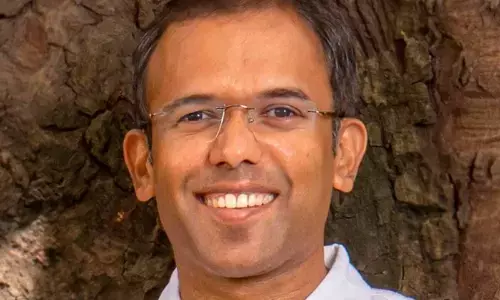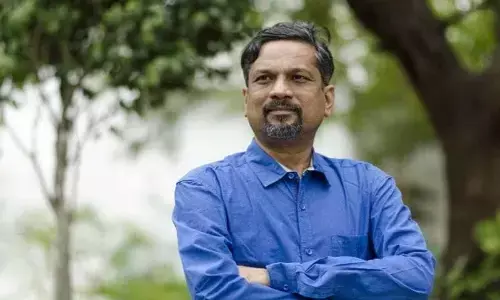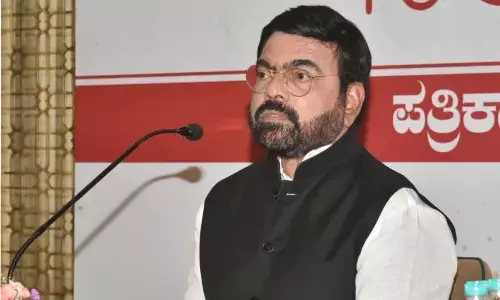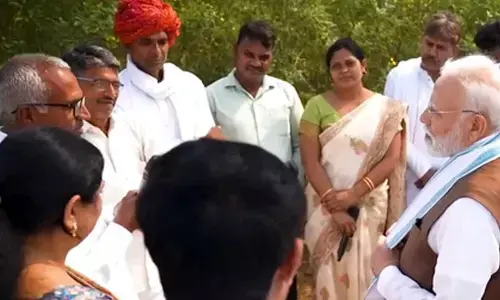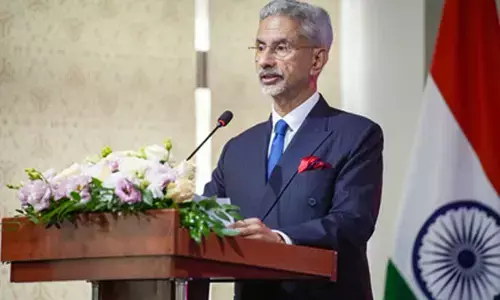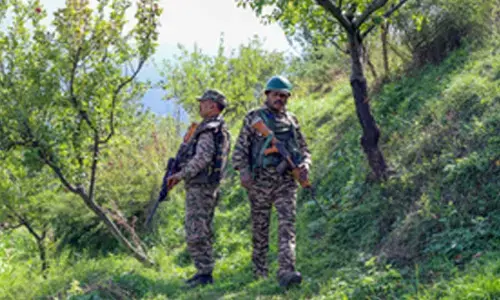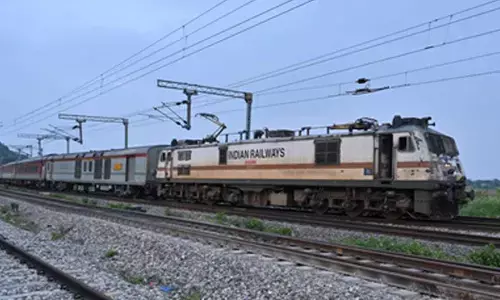Time for CPSEs to be more inclusive on recruitment front
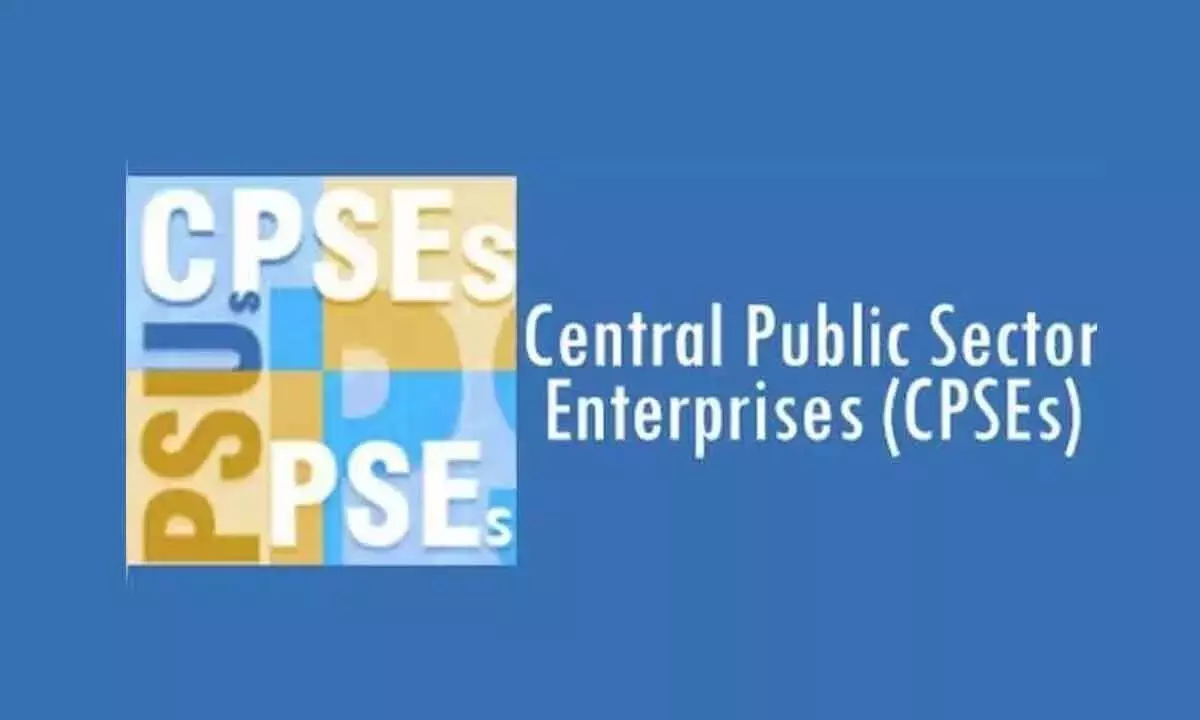
Denying opportunities to a vast social group on one pretext or the other remains the bane
The Central Public Sector Enterprises (CPSEs) are not only the backbone of our economy but also a mass employer in the country. Over the years, millions of families have been economically and educationally empowered by CPSEs.
As we head towards building an inclusive Viksit Bharat by 2047, one can foresee a greater role for CPSEs in the coming years so far as the distribution of gainful opportunities is concerned. Our CPSEs should adopt a catch-all approach in making recruitments so that more and more aspirants from different socially and educationally deprived communities get opportunities to elevate the standard of their lives and join the mainstream in due course of time. So far, the top management of CPSEs has not been able to ensure comprehensive distribution of its jobs among various social groups in tune with the country’s affirmative policies. At least, official data suggests so.
Let us have a look at some figures to put things in their perspective. According to Public Enterprises Survey 2014-15, around 12,89,161 employees were engaged under different groups in all CSPEs as on March 31, 2015. In all, there were 2,62,911 managerial and executive personnel out of which Scheduled Castes (SCs) accounted for 38,539, Scheduled Tribes (STs) 14,234 and Other Backward Classes (OBCs) 39,944. Similarly, there were 1,29,996 supervisors out of which SCs were 14,282, STs 6,559 and OBCs 13,984. There is a glaring mismatch so far as their share in jobs at CPSEs is concerned. If not a brutal example of denying opportunities to a vast social group on one pretext or the other, there is a palpable element of lethargy on the part of the top management CPSEs in imbibing the spirit of the Constitution while taking recruitment related decisions.
So far as the skilled workers employed in CPSEs are concerned, out of 6,47,511 employees, there were 1,27,839 SC workers, 64,091 STs and 1,13,863 OBCs. Among 2,48,743 unskilled workers, the share of SCs was 40,633, STs 23,220 and OBCs 38,538. It is so evident here that even as skilled and unskilled workers, SC, ST and OBC aspirants are not getting enough opportunities in CPSEs. Their poor share in CPSEs workforce as on March 31, 2015 is a matter of concern for all right-thinking people when there were 298 CPSEs with their total paid up capital at Rs. 2,13,020 crore. The dream of becoming a $ 30 trillion economy van neither be possible nor sustainable without being inclusive in sharing national opportunities, facilities, privileges and responsibilities among all irrespective of their socio-economic and religious identities. Now let us have a look at the figures of Public Enterprises Survey-2021-22, which presents the picture of 389 CPSEs that include 248 operating ones.
It says that there were 94,445 casual or daily rate workers engaged in CPSEs during 2020-21, which went up to 96,690 in 2021-22. The survey also says that there were 4,77,649 contract workers or employees in CPSEs in 2020-21. Their number further increased to 5,24,423 in 2021-22. There is no break-up of SC, ST and OBC employees in these two categories of workforce of CPSEs, which raises more questions than answering one. It is a classic example of either being callous towards the policy of inclusion or deliberately suppressing facts for fear of being exposed.
The survey says that as on March 31, 2022, out of 8.39 lakh total regular employees, 4.21 lakh of them were from reserved categories - 1.46 lakh (17.38 per cent) from SC category, 0.85 lakh (10.19 per cent) from ST category, and 1.90 lakh (22.63 per cent) from the OBC category.
The figures are self-explanatory as to how CPSEs have failed in ensuring that socially and educationally backward social groups have proportional share in the job opportunities in CPSEs. The share of OBCs in managerial or executives, supervisors, skilled workers and unskilled workers in CPSEs stood at 21.88 per cent, 23.52 per cent, 27.13 per cent, and 14.64 per cent, which is not in proportion to their population. OBCs are the largest bloc in the country’s population. We cannot think of addressing social-economic and educational disparities without mainstreaming them in terms of making enabling opportunities accessible to them. There was not much improvement in the figure as reflected in the report of Public Enterprises Survey-2022-23 as well. It says that out of 8.41 lakh total employees, 4.27 lakh employees are from reserved category - 1.44 lakh (17.17 per cent) SCs, 0.83 lakh (9.86 per cent) STs, and 2 lakh (23.77 per cent) OBCs. It is not a healthy situation at all.
My insistence on socio-economic and political mainstreaming of deprived sections of our society is linked to our collective commitment to realize the goal of inclusive Viksit Bharat by 2047, which we cannot achieve if 70 to 80 per cent among us are deprived of bare minimum decent life. The process of transforming India into a developed nation must encompass all segments of the population, ensuring that no one is left behind. By integrating marginalized communities into the broader socio-economic and political fabric, we not only promote social justice but also enhance national stability and growth.
We must note that when deprived sections gain access to education, healthcare, employment, and political representation, they contribute more effectively to the economy and society. When we integrate marginalized and underprivileged communities into the broader economic and social systems, we lay the foundation of a stronger, more prosperous and peaceful future for the coming generations. If a large majority of the population is struggling with deprivation, the overall progress of the nation will be hampered. Economic growth will be uneven, social tensions may rise, and political instability can ensue. Therefore, mainstreaming the deprived among us is not just a matter of social justice but a practical necessity for sustainable national development.
It should be our collective resolve to focus on integrating them into the socio-economic and political fabric of the nation to ensure our holistic and inclusive development.









